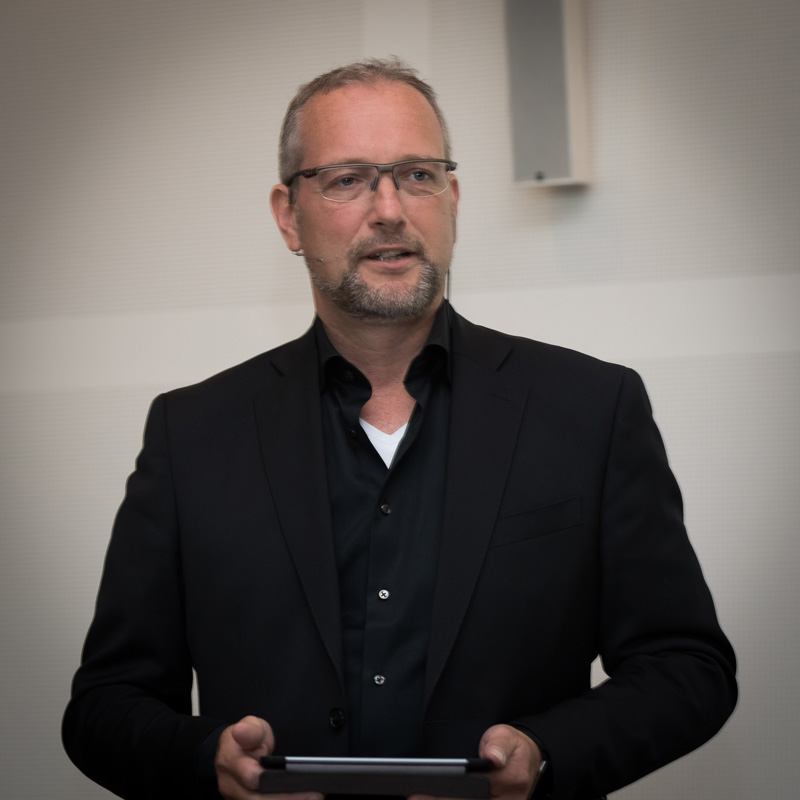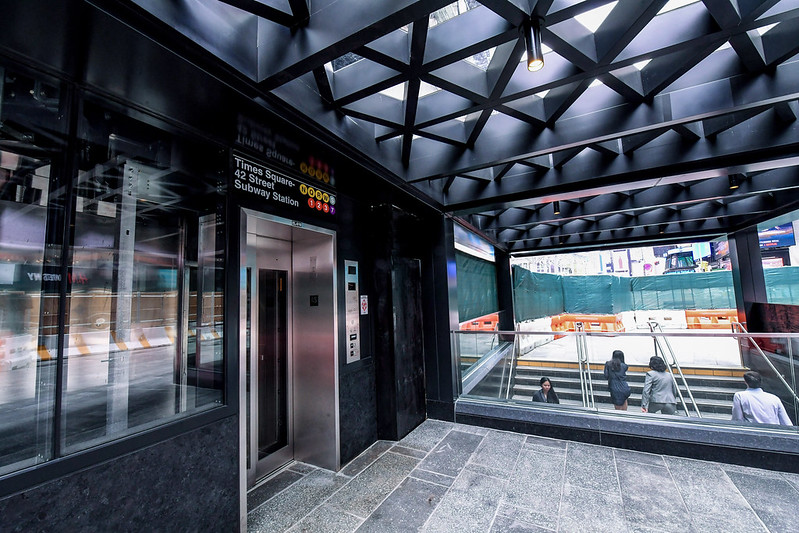
Why cities need a new digital deal
18 December 2017
by Jonathan Andrews
By Bas Boorsma, Digitization Lead, Cisco (North Europe)
In writing a A New Digital Deal I interviewed many leaders in the space of what I call ‘community digitalisation’ including city CTOs, heads of large-scale smart city efforts, stewards of large tech enterprise, academia and other key influencers. What struck me was how much of a new consensus appears to be emerging as to how much we are in need of a New Digital Deal, why and how.
Untarnished tech optimism calling for digital disruption as a force for good in its own sake, is making place for a more balanced perspective which I tried to encapsulate in the very premises of the book itself. In short, these are: digitalisation holds an unprecedented promise for our communities. The tools, values, and organisational paradigms that constitute and follow from digitalisation enable human enterprise to be organised better, differently.
The second premise is that this promise will not turn into reality by default. That it will require a massive collaboration across societal stakeholders, producing a new consensus on what digitalisation affords and how to frame and facilitate it, in order to harvest its potential in full. The darker side of this same premise is that if we fail to arrive at such a consensus, if we do not arrive at a New Digital Deal, digital divides will expand, digital disruption will just disrupt, innovation will largely be governed by incrementalism, and societal challenges will remain under-addressed.
The third premise of the book is that digitalisation needs a New Deal itself–that is for society and its multiple stakeholders to firmly frame what we expect from the next wave of technology-driven change–in terms of costs, outcomes, side effects and ethics. The leaders interviewed for the book have typically experienced steep learning curves. Ethically, businesswise, politically, no one can afford to call for ‘blind’ digital disruption any longer.
Much of the optimism continues to reign–and for all the right reasons, as per the first premise of the book. What is new, however, is the observed need for more contextual thinking in terms of societal needs, ethics, as well as the fact that, insofar as the next wave of technological innovations is concerned, we don’t know what we don’t know. Just think of the tremendous strides being made in the development of AI [artificial intelligence].
A quintessential tech optimist like Cisco’s John Chambers made a contribution to the book as well. It ended up boiling down to this: “My hope is that digitisation will dramatically improve the lives of 7.5 billion people in the world–to be truly inclusive, create GDP, and create jobs. My biggest fear is that we miss this tremendous opportunity and the digital divide will worsen.”
Many of the leaders interviewed agree it all starts out with education–for the current work force as well as the future one. We continue to educate our kids for the jobs of bankers and strategy consultants–and that does not make sense. We are collectively preparing for yesterday’s war. Some say innovations move too fast. However, digitalisation is happening while we are debating this. Many leaders interviewed believe we are moving too slow. We need a New Digital Deal, preparing society better. In the words of Dr Jonathan Reichental, CTO, City of Palo Alto, California: “In the next few decades, our technological advances will provide humanity with staggering power. I don’t think the question will be whether we can achieve the results we have collectively set for ourselves to achieve. The question is whether we will have the restraint to challenge our assumptions and to ask the difficult ethical questions that will logically emerge.”
Smart cities ought not to be about what we can do, but what we aspire to and how we wish our communities to evolve. That is what can be called a New Digital Deal, and ever more leaders are calling for one
A New Digital Deal. Beyond Smart Cities. How to Best Leverage Digitalization for the Benefit of our Communities is now available in print and on Kindle through Amazon.










